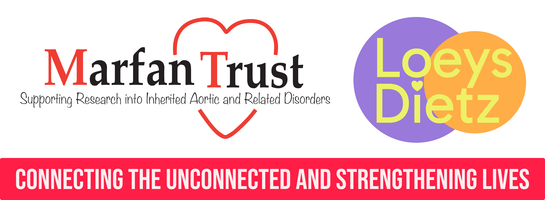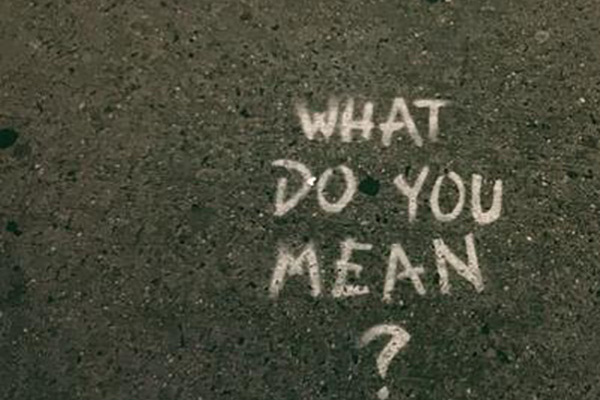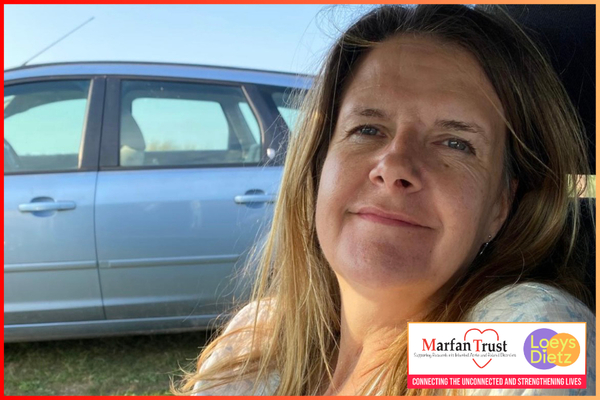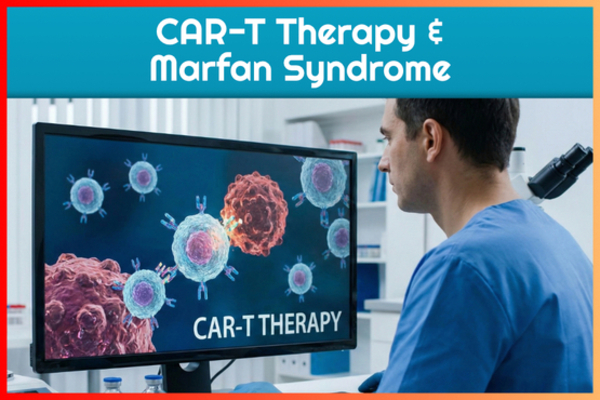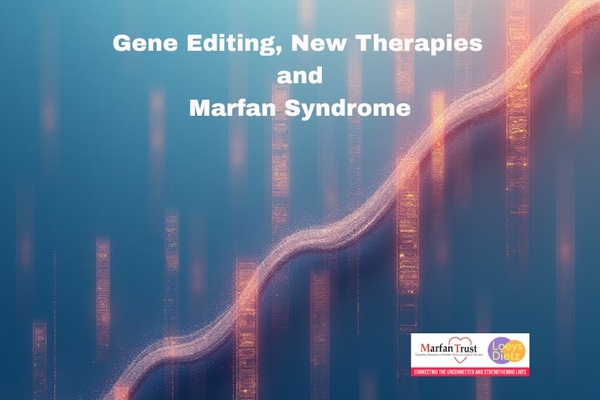With the newly introduced Rule of Six, we thought it time to take stock and assess what you can – and can’t! – do when physically navigating friends, family and your fellow human beings!
Groups Of Six
To halt the creeping rise of COVID cases in the UK, the government has introduced the “rule of six”. Enforced through a £100 fine, this new law bans social gatherings of more than six people from Monday 14 September.
This law applies to both indoor and outdoor settings and is age indiscriminate. There are some exemptions to the law, such as gatherings for work. In England, there is no restriction on the number of households. On Thursday, Scotland changed its rules on socialising to a maximum of six people inside and outside - but unlike England they must be from two households, and children under 12 are exempt.
The BBC has published a handy, at-a-glance, one-stop evaluation:
- Social gatherings of more than six people in England will not be allowed in law from Monday 14 September
- The new rule applies to people in private homes, indoors and outdoors, and places such as pubs, restaurants, cafes and public outdoor spaces
- It applies to all ages
- The rule does NOT apply to schools and workplaces, to people living together or in the same support bubble, or to weddings, funerals and organised team sports
- The full list of exemptions also includes protests and political activities subject to "strict risk assessments", jury service and providing emergency assistance
- People who ignore the police could be fined £100 - doubling with each offence to a maximum of £3,200
Meanwhile:
Facecoverings remain mandatory on public transport and in shops, supermarkets, banks, building societies, cinemas, museums, galleries, hairdressers, beauty & nail salons with fines of up to £100 for anyone who fails to adhere to the new rules. They must also be worn when buying take-aways from cafes and restaurants but NOT, when dining in as … people need to eat! So hospitality settings bars, pubs and restaurants remain exempt.
At all times we should:
- remain at a 1-metre distance from those outside our social and support bubbles;
High Risk
Those with genetic aortic conditions and lung disease are considered more susceptible to the effects of COVID-19 and should take protective measures:
This group includes individuals with any of the following lung diagnoses:
- restrictive lung disease;
- emphysema;
- significant asthma (requiring chronic medications or hospitalization);
- chronic obstructive pulmonary disease (COPD);
- respiratory insufficiency; and
- recurrent pneumothoraxes.
Based on advice from the Marfan Foundation (USA) it is advisable for people with genetic aortic conditions to receive the flu (influenza) and pneumonia (pneumococcal polysaccharide vaccine, PPSV, also known as known as Pneumovax 23, PPV-23) vaccines and to follow all the protective measures (see below Protective Measures for People at High Risk).
People with genetic aortic conditions are also at higher risk with COVID-19 if they have any of the following cardiovascular diagnoses:
- significant valve regurgitation (causing symptoms or requiring medications);
- heart failure;
- cardiac (ventricular) dysfunction (causing symptoms or requiring frequent monitoring or medications);
- hypertension; and
- among ACTA2 patients, the only group that is at a higher risk are children and young adults with ACTA2 alterations that disrupt arginine 179, referred to as smooth muscle dysfunction syndrome.
Selected patients with vascular connective tissue disorders can have additional associated conditions that could impose higher risk with COVID-19. These include:
- chronic malnutrition;
- Inflammatory bowel disease requiring use of immunosuppressants; and
- other diseases requiring chronic use of steroids or other immunosuppressive drugs.
We suspect that any person with VEDS who has experienced coughing up blood due to lung haemorrhage is at higher risk of pulmonary complications if infected with COVID-19. Additionally, even in the absence of lung haemorrhage, infection by COVID-19 is known to cause shortness of breath, significant cough, and difficulty breathing, although in some cases, the infected patient is asymptomatic. We do not have COVID-19 specific data specific to VEDS patients.
For more information, please refer to the government guidelines.
